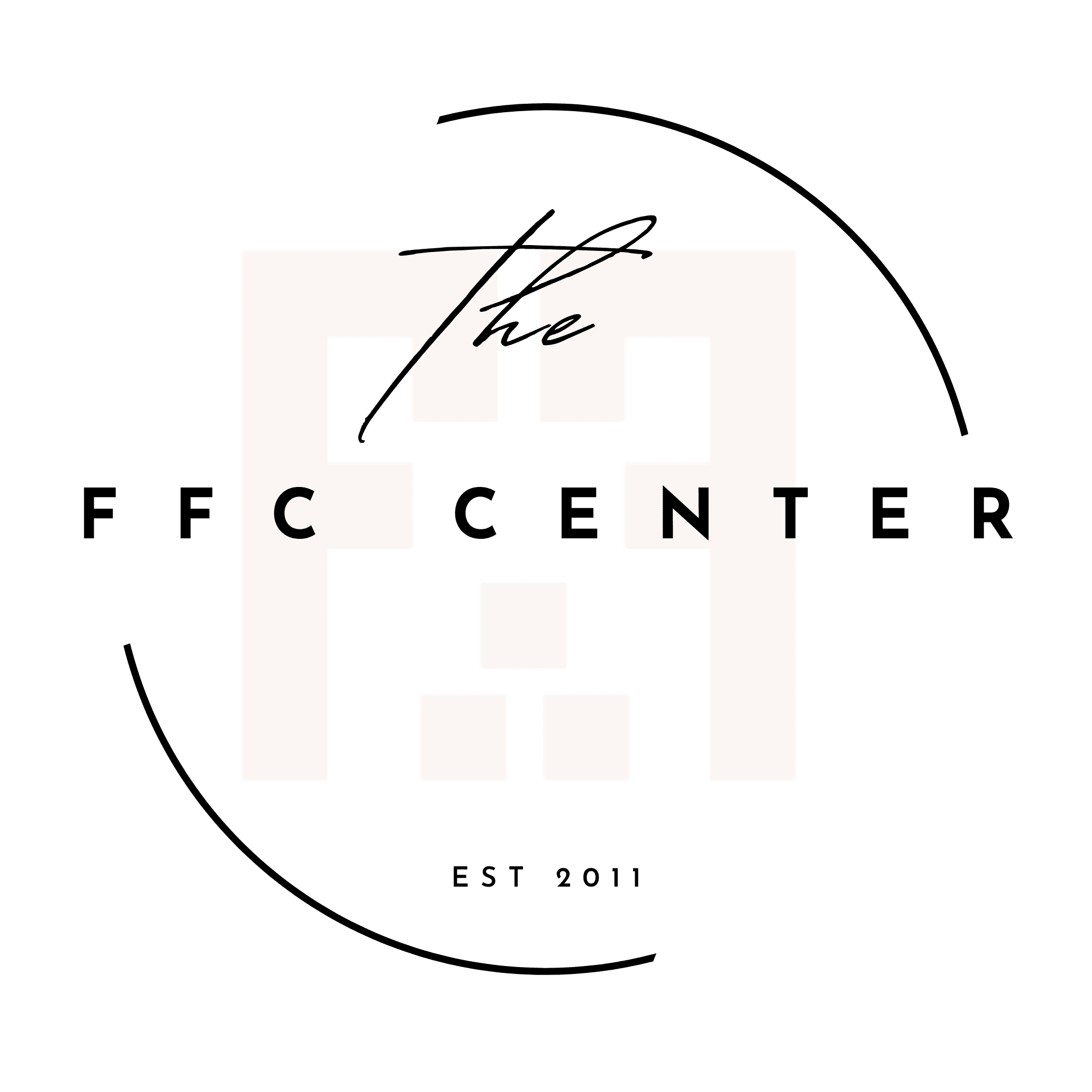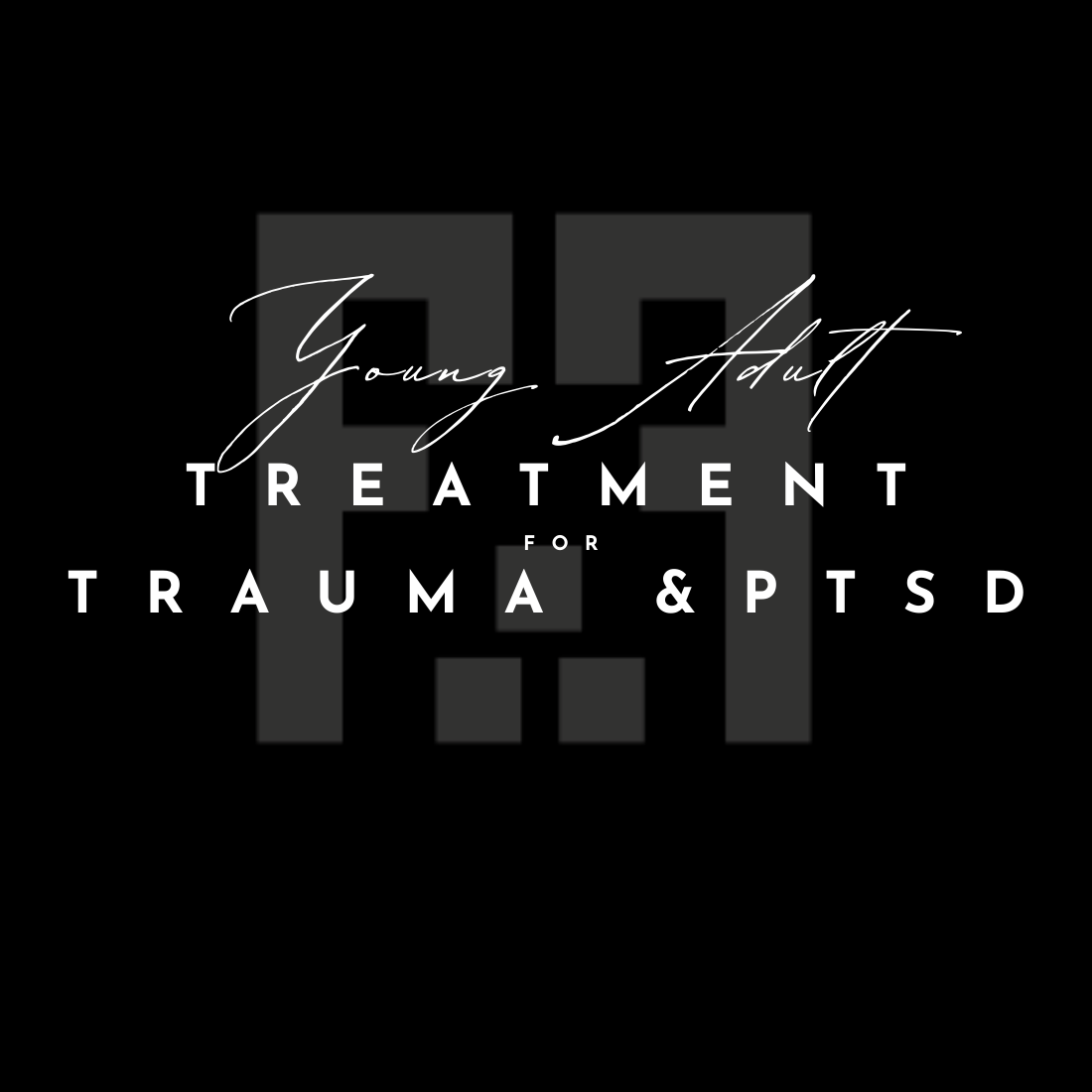Understanding Sexual Assault:
Unveiling the Impact on Young Men’s Mental Health
and Relationships
Introduction
Sexual assault is a grave violation of one’s bodily autonomy and consent, leaving lasting scars on survivors irrespective of gender. While discussions around sexual assault predominantly focus on the experiences of women, it’s vital to recognize that men can also be victims of this traumatic act. This blog post aims to shed light on what sexual assault entails, provide examples, and explore the ways in which this trauma affects young men seeking healthy relationships, along with the barriers they may encounter in terms of mental health and overall life.
Defining Sexual Assault
Sexual assault encompasses any unwanted sexual contact or behavior that occurs without explicit consent. This can range from non-consensual touching to more severe forms such as rape. It’s crucial to understand that consent must be given willingly, without coercion, and can be withdrawn at any time. Sexual assault is a violation that leaves survivors with profound emotional, psychological, and physical consequences.
Examples of Sexual Assault: Examples of sexual assault can vary in severity and context. They may include unwanted groping, forced sexual acts, verbal coercion, or any form of non-consensual sexual contact. In some instances, survivors may be manipulated or pressured into situations where they feel powerless to resist. It’s important to acknowledge that these experiences are traumatic, and the impact can extend far beyond the immediate incident.
Effects on Young Men in Healthy Relationships: For young men who have experienced sexual assault, forming and maintaining healthy relationships can be particularly challenging. Trust issues may arise as a result of the violation of their personal boundaries, making it difficult for them to fully engage emotionally with a partner. Fear, anxiety, and a sense of vulnerability may linger, affecting their ability to communicate openly and establish intimate connections.
The trauma from sexual assault can also manifest in intimacy-related challenges, contributing to difficulties in establishing a healthy sexual relationship. Feelings of shame or guilt may be present, and survivors may grapple with self-esteem issues, questioning their worthiness of love and affection. Overcoming these obstacles necessitates a supportive environment, understanding partners, and professional therapeutic interventions.
Barriers to Mental Health and Life: Young men who have experienced sexual assault may face unique barriers when it comes to mental health and overall life satisfaction. Societal stereotypes and stigmas surrounding masculinity can discourage them from disclosing their experiences, leading to a lack of acknowledgment and support. The fear of being perceived as weak or emasculated can deter survivors from seeking help, perpetuating a cycle of silence and suffering.
Access to mental health resources may also pose a challenge for young men who have experienced sexual assault. Traditional notions of masculinity often discourage emotional vulnerability, making it difficult for survivors to express their pain or seek professional help. Overcoming the barriers to mental health support is crucial in breaking the cycle of trauma and fostering resilience in survivors.
In addition to mental health challenges, survivors of sexual assault may encounter disruptions in various aspects of their lives. Educational and career pursuits may be impacted as survivors grapple with the aftermath of trauma, potentially leading to a cycle of missed opportunities and unfulfilled potential.
Conclusion: Sexual assault is a pervasive issue that affects individuals of all genders, and it is essential to recognize and address the unique challenges faced by young men. Breaking the silence surrounding male sexual assault, dismantling stereotypes, and fostering an environment of empathy and support are crucial steps in helping survivors heal and overcome the barriers to healthy relationships, mental health, and overall life satisfaction. It is our collective responsibility to challenge societal norms, encourage open dialogue, and provide resources to empower survivors on their journey towards recovery and resilience.
Young Adult Treatment for Trauma & PTSD
Young adults aged 18-32 with a history of trauma can face unique challenges that impact various areas of life. We provide a holistic approach to mental health, addressing PTSD, anxiety, depression, and mind-body issues through comprehensive evaluations, individualized counseling, private community and recovery resources, and EMDR Intensives. Want to learn more?
About the Author

Shahidrah Cowgill, PhD(c), LPC-S, NCC
Clinical Director
Shahidrah is the founder of Fundamental Foundations Counseling Center, where innovative and community-oriented solutions help clients in need of comprehensive trauma recovery treatment. She specializes in advanced and intensive EMDR strategies to help people find lasting relief after complex trauma-related experiences.


